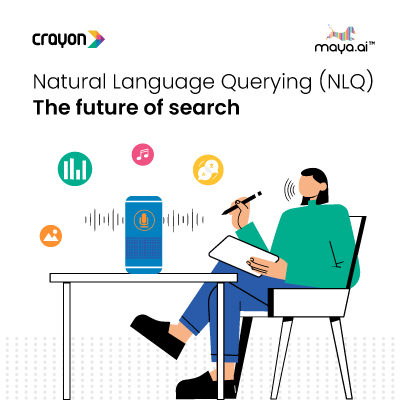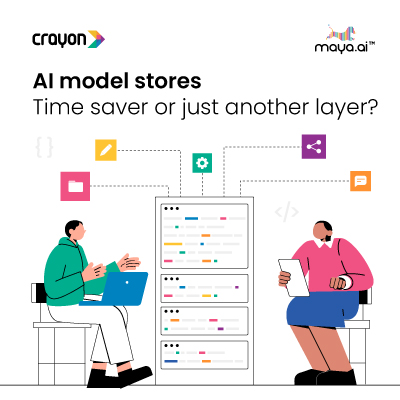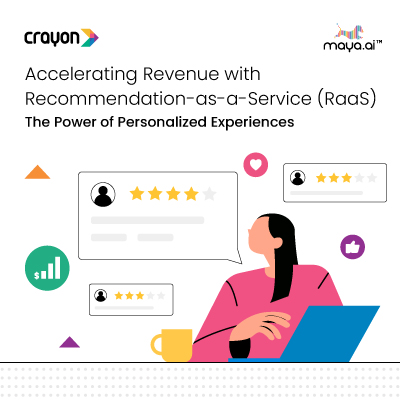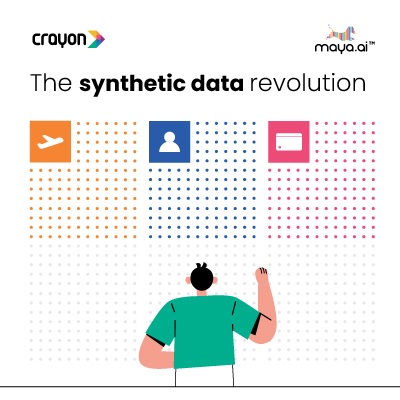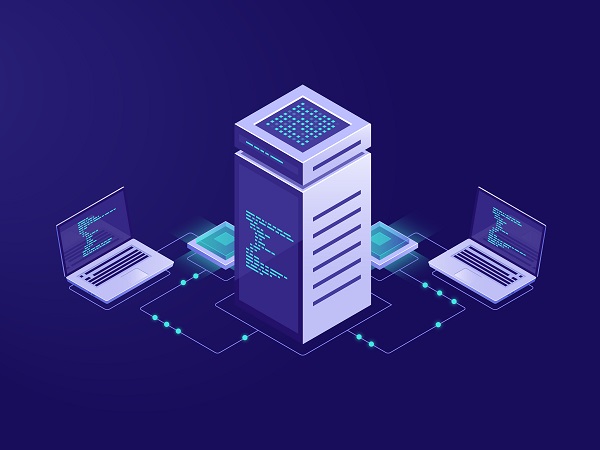Tech giants, startups, and food delivery players have been motivated with an aim to build a future in which humans and robots coexist. With labor shortage in restaurants, implementation of food robotics and automation solutions becomes a viable and essential option. These robots can operate around the clock, perform repetitive work, and allow humans to focus on customer service. Various investments have been made by investors and investing firm in the food robotics sector to bring new robots and solutions. These investments will be utilized to expand development team, gain technological know-how, and foray into different markets across the world. From strawberry picking robots to scooping an ice cream, market players have developed different types of robots to minimize human tasks.
The funding will be raised as market players try to expand their stake in the market. Along with investments, partnership is one of the major strategies implemented by them. Companies have been joining hands to develop advanced technologies in outdoor environments with an objective to deliver food at any location through robots. They have begun testing phase for these types of robots. The market for food robotics has gained a huge momentum, and will continue to grow in coming years. According to the report published by the global food robotics market is estimated to reach $3.6 billion by 2023. Following are some of the activities taking place across the world.
Investments to propel the space
Investment in automation and robotics in the food sector has become one of the major necessities. Attracting new investments to improve the infrastructure and deploy robotics for various applications are among priorities of companies operating in the food sector. Moreover, robotics firms providing robots and automation solutions to the food sector have been raising funding to expand their offerings. Dexai Robotics received a funding of $5.5 million in a seed funding round for robotic arm sous chef. The funding round was led by Hyperplane Venture Capital along with Rho Capital, Harlem Capital, and others. The company has a robot named “Alfred” that can work in different kitchen scenarios such as setting up sandwiches, scooping ice creams, and others.
This robot was developed by collaboration between MIT and Harvard universities. The software employed in the robot enables it to control deformable materials such as pico de gallo, ice cream, and others. The funding would enable Dexai to scale up and grow its engineering, product development, and sales teams. It also has an objective of serving different types of cuisines through its robots. The company aims to fulfill this objective through the funding.
Riding on the wave of raising funding, Root AI, raised a seed funding of $7.2 million in a funding round led by Rob May of PJC. The company developed a robot named Virgo, which is capable of picking up specialty crops such as cucumber, tomato, berries, and others. The fragile food products that need a human for picking up by hand can be picked up through application of this robot. The company built a robot with dexterity and strategies applied by humans while picking up, touching, and interacting with crops.
The company carried out tests for Virgo in California, New York, Maine, and Ohio along with Canada and the Netherlands. With new funding coming in, the company aims to scale up and recruit people for development of core technology and field operations. The company plans to deploy its robot across North America by August, 2021. Then it plans to deploy in the European region. Josh Lessing, the Co-Founder of Root AI, outlined that food supply chain needs to be digitized through application of advanced technologies. Digitization would solve many problems and improve lives of people.
The fund raising phase
The trend of raising funding continues with Pudu Robotics raising $15 million in a Series B+ round of funding. Sequoia Capital China led the round along with Meituan, Everwin Investment, and others. The Chinese firm offers self-driving server robots for restaurants. It can move food plates and empty dishes from one point to another in kitchens and restaurant areas. With the new funding, the total raised funding this year becomes $30 million. The newly raised funding would be utilized for expanding its market presence. Deployment of robots in restaurants eliminates human interaction and they prove to be essential factors in the times of pandemic such as coronavirus. The company sold its robots in around 20 countries across the world. One of the restaurants in South Korea deployed 11 robots for serving food to customers. There will be more restaurants that would deploy robots for serving food in the coming years.
How partnerships are helping
Partnership is one of the major strategies adopted by market players to combine expertise and develop robots that can deliver foods. With a vision to offer food to people anywhere at any time, LG and Woowa Brothers joined hands to manufacture mobile robots for delivery of food to people’s homes and tables in restaurants. Woowa Brothers, originally a software company, will develop hardware for the first time by collaborating with LG. The electronics and household appliance tech company LG established its autonomous vehicle unit. In addition, Woowa established robotics development unit.
Yoon Hyun-joon, the Vice President and Head of its new business division at Woowa Brothers, outlined that the company has been investing and expanding its robotics business for the future in which people enjoy good food from any location they want. With LG’s technological know-how, the company aims to deploy robots for food delivery. Roh Jin-seo, the Senior Vice President and Head of robot business center at LG Electronics, highlighted that they wish to build a better future through this collaboration. They would offer differentiated robotics solutions to add value and provide new experiences to their consumers.
Woowa Brothers had already started testing of its robots in outdoor conditions. Taking the steps to improve its robot delivery service, Baedal Minjok, the Woowa Brothers’ app-based food delivery provider division in South Korea, started testing of delivery robots at Gwanggyo, Gyeonggi Province. The testing phase began in an apartment complex. The robots, known as Dilly Drive robots, can deliver food to the first floor of buildings or tables outside. These robots send notifications before and after the delivery. Moreover, customers can track delivery process in the real time through the app.
What’s in store for the future
Dilly Drive is a six-wheeled delivery robot that can roll at the speed of four-five kilometers an hour. Moreover, it has a capability of operating for eight hours with a single charge. It has a capacity of delivering 12 cups of beverage or six packages of food per trip. These robots slow themselves down in the vicinity of people to avoid accidents. Moreover, their movements have been monitored by the company from the controlling stations in case of accidents. There are more obstacles in the outdoor environment than indoor environment. So, Implementation of advanced technology and technical knowledge are required for operating delivery robots in outdoor environments.


